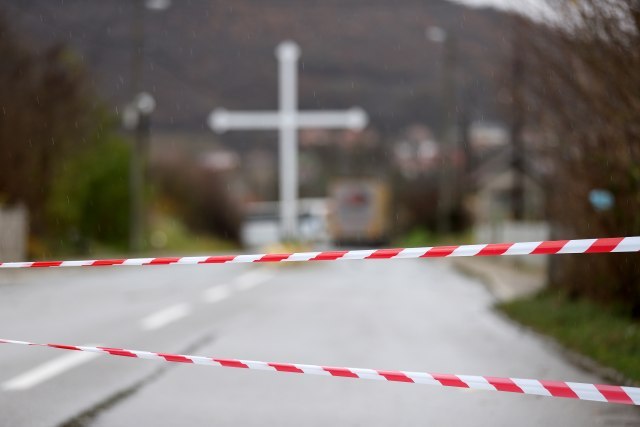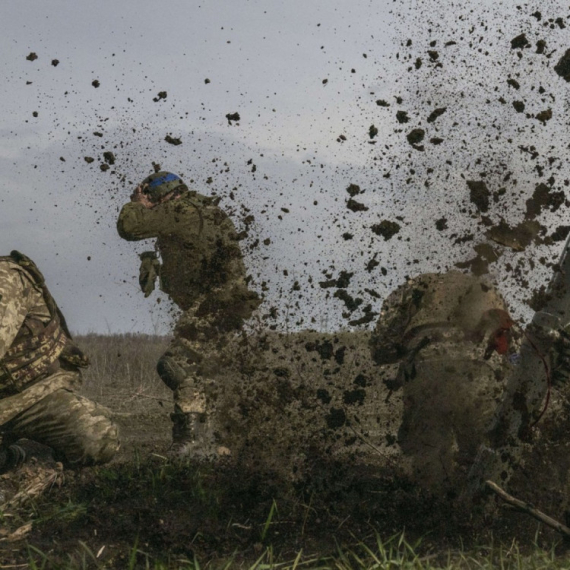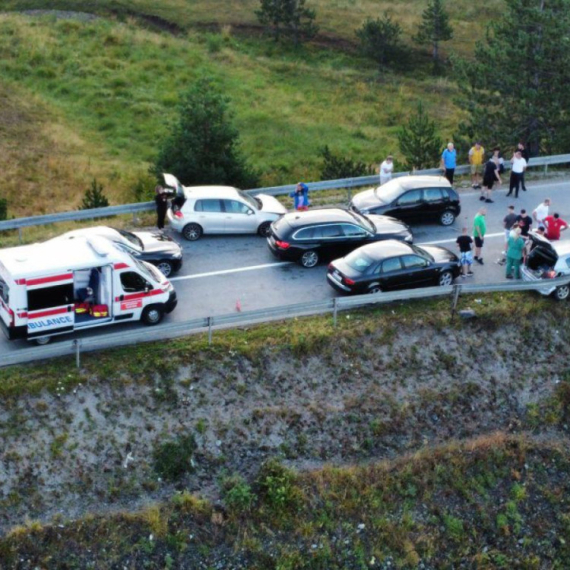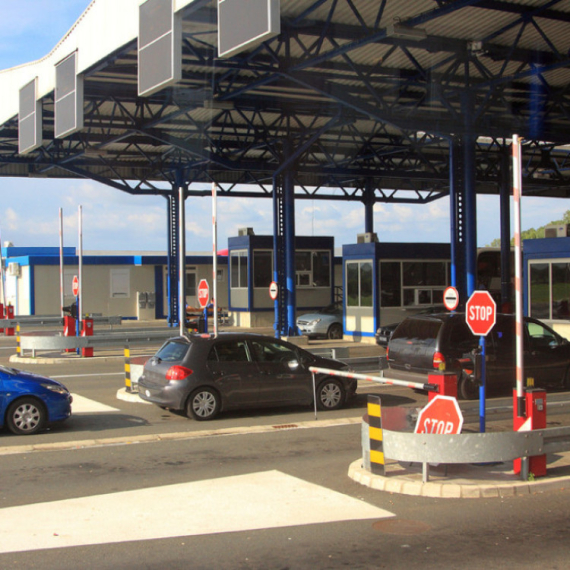Germany's message to Serbia
German Ambassador pointed out that the aggravation of the situation in the north of Kosovo shows how urgent it is to sit down at the negotiating table.
Monday, 19.12.2022.
15:05

Germany's message to Serbia
"We managed to find a compromise on individual issues in the previous months. It is important that Kosovo and Serbia use the opportunity to find the ultimate compromise with the mediation of the EU and not to go from crisis to crisis, to constantly set new deadlines and thus create new tensions ", said Anke Konrad for N1, as reported by Kosovo Online.Konrad stated that Berlin considers both sides guilty.
"Both sides must show the will to find a result that will reduce tensions, that is the most important thing at this moment. This means that neither side does anything that will provoke counter-reactions from the other side. We must return to the negotiating table," Konrad added.
Asked if the arrests carried out by the Kosovo government are justified and if it is okay for the families of those arrested to not know where they are for a few days, Konrad states that she thinks it is very important to bring transparency to that issue.
"It is a mistake to keep coming back to something, to talk about what happened before and to enter into a chain of mutual provocations. This must stop, it is important to stop it and solve the things that need to be solved and then have a basis for a normal conversation. I won't say who is the main culprit and who started first, it is important that we stop doing that," Konrad added.
She emphasized that it is important to stop actions that the other side will always perceive as a provocation, and to introduce peace and conditions for a return to the negotiating table and negotiations on the other side.
According to her, Resolution 1244 does not provide a basis for the return of security units from Serbia to the north of Kosovo. "There is that resolution and based on it, KFOR will formulate answers, what we said is that from our perspective, Resolution 1244 does not provide a basis for the return of units from Serbia to the north of Kosovo, but KFOR's response will follow," Konrad said.
Speaking about the Franco-German proposal for Kosovo, she said that she first wanted to point out that the negotiations are being conducted under the leadership of the EU special envoy Miroslav Lajcak, and that the German-French proposal is a European proposal and that was underlined by High Representative Josep Borrell.
According to her, it is about a proposal that would show the perspective for both parties in which direction the agreement could go, and this does not mean that the Brussels Agreement has been abolished, but rather that, in addition to the Brussels Agreement, a possible path for the normalization of relations between Serbia and Kosovo should be shown.
When asked whether this is the final agreement or whether the final agreement will be reached only after it, Konrad points out that Serbia and Kosovo can best answer this question.
Asked if the proposal states that Serbia must not hinder Kosovo's entry into the UN, she pointed out that it is a proposal that was offered to both sides and on the basis of which she hopes that an agreement can be reached.
On the occasion of emphasizing that it is important for the agreement to be adopted at the beginning of next year and to the question "is there a ticking clock", the ambassador states that it is important to reach an agreement as soon as possible, and if not, that we have a solid path to it, a road map to reaching an agreement.
"It is important for both sides that we resolve this conflict," Konrad added.
She pointed out that since the beginning of the year, Germany has had a special envoy for the Western Balkans who is responsible for the countries of the Western Balkans and who was involved in resolving the issue between Kosovo and Serbia, and that he was in Belgrade with the German-French proposal.
"We have done a lot to start negotiations, we are also working on a bilateral plan to bring Serbia closer to the EU," stressed Konrad.
Asked what has changed between Serbia and Germany since the arrival of the new chancellor, she pointed out that she does not believe that anything has changed.
"I believe that if you are partners, if you are friends, it does not mean that it is illegal to criticize the other, it does not mean that you always have to be of the same opinion. I think that a good partnership is characterized by the fact that regardless of different views and approaches, you can still find a common language. I'm trying to work here and in contact with the Government of Serbia, I had the opportunity to talk with 12 new ministers and I'm looking forward to the cooperation," Konrad said, among other things.



















































Komentari 2
Pogledaj komentare